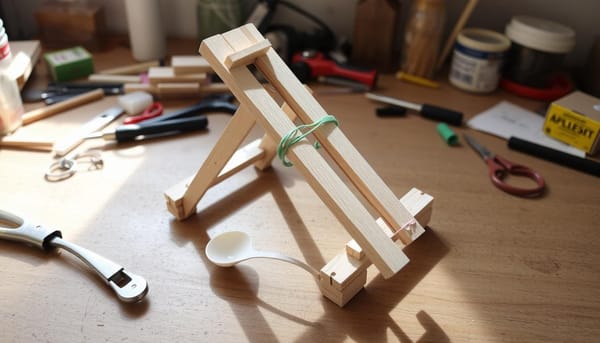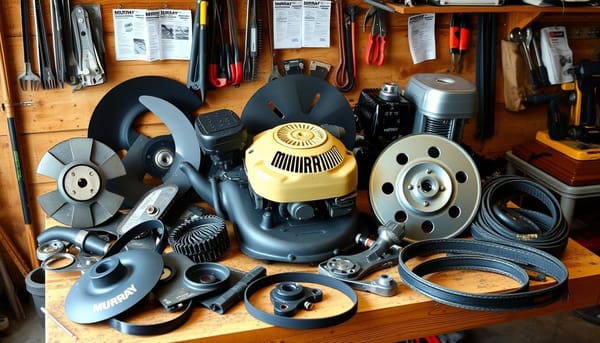Lab4U Puts Education in the Palm of Your Hands

If you're from the United States or went to school here, you know that education can be crazy expensive - quality education even more so. With this in mind, it's not difficult to see how the best and newest tools of education become restricted to those who can afford them.
Attempts to democratize the availability of quality education have been approached from various areas and industries, startups included. Educational tech startups have a longstanding history of making education more available, oftentimes for free or cheap using tools that users are likely to have access to like computers or cell phones. This is the same approach startup Lab4U takes.
Who they are
This Chilean-based startup has developed several apps aimed toward helping both students and teachers gain access to affordable science tools. Lab4U puts the power in the palm of students' hands by enabling the most used items in our modern lives to be transformed into tools for science: cell phones.
This line of product development not only ensures that users are able to access tools through devices they likely already own, it also doesn't require users to do anything but install apps to have access to scientific tools. Lab4U works by using sensors in mobile phones and tablets to conduct scientific experiments. Their two product offerings are Lab4Physics and Lab4Chemistry (coming soon).
To access these features, users can download the app for their Apple, Android or Windows device and bring the phones to class to perform experiments, record important data with the app and then analyze the results in the app.
Application functionality
Lab4Physics was developed with students and teachers in mind and uses cell phones in four different ways: as speedometers, accelerometers, sonometers, and cameras.
Device sensors allow them to be used as speedometers so students can study speed, velocity and distance displacement. The accelerometer function lets devices measure gravity. The sonometer function turns phones and tablets into measuring devices for waves, amplitude, time and similar physical phenomenon. Last but not least, phone and tablet cameras act as movement and momentum trackers.
We are advocates of hands-on experiences. Students need to explore the world around them and discover the hidden adventure behind science. Measure, analyze, compare, understand…question yourself. Question results, question what you have understood and question the world.
Physics teachers and scientists pre-design guided lab instructions for experiments. These instructions are step-by-step how-to's that assist students through the process of each experiment. Once the data for their experiments are collected, students can review key concepts in-app and go back to the instructions as needed.
Lab4Chemistry works in a similar way. With Lab4Chemistry, teachers and students can turn their cell phones and tablets into colorimeters using the app's SpectroCell instrument. The SpectroCell uses smartphone cameras like sensors. When students take pictures of water drops, these sensors pick up on the different concentrations and optical densities of the drops to create a calibration plot that assists with the identification of unknown samples.
The app will not be available for users until some time next year with its biology-based counterpart, Lab4Biology soon to follow. Teachers have access to the Teacher Portal for planning and support. The Portal gives them access to over 20 experiments, curriculum support and tips from other teachers. They can create their own experiments and access resources that make teaching easier, like student instructions and lab reports.
They can also just use the pre-designed experiments. The experiments and the app features are designed to be fun for students and make them more enthusiastic about the learning process. There is likely only one other concern on your mind. In the beginning, I mentioned the expense of education so I'd like to end on that point.
The best things in life aren't free
The app itself is not free. There are three kinds of packages offered with the Lab4Physics app, which is the only one currently released: Classroom, School Edition, and District. The Classroom package is $299 per classroom for a class up to 30 students. The duration of this package is a year, it gives teachers access to 4 tools, more than 20 experiments and provides full access to the Teacher Portal, training, and support but no access to analytics or reporting. The School Edition and District package don't have prices listed as they depend on the number of students.
The School Edition can be used for a class size of more than 30 and includes analytics and reporting, unlike the Classroom package. The District package can be used for a class size of more than 1,000 students and includes the same features as the School Edition. While the cost may steer some away, many others can agree that it's reasonable especially compared to the alternative. Expensive equipment, having to share lab tools, using broken or outdated lab tools or not having any tools at all for students is the real alternative that many teachers face.
While these issues won't be solved overnight by startups or small initiatives, more options are needed to diversify and enhance the educational experience of students, especially in the all-important STEM fields. In the end, the idea of this startup is solid and hopefully that continuing steps will follow from those in power (usually the government and school boards) to provide better access to tools and learning aids for students.
lab4u.co
Fyxes
Thoughts, stories and ideas.




